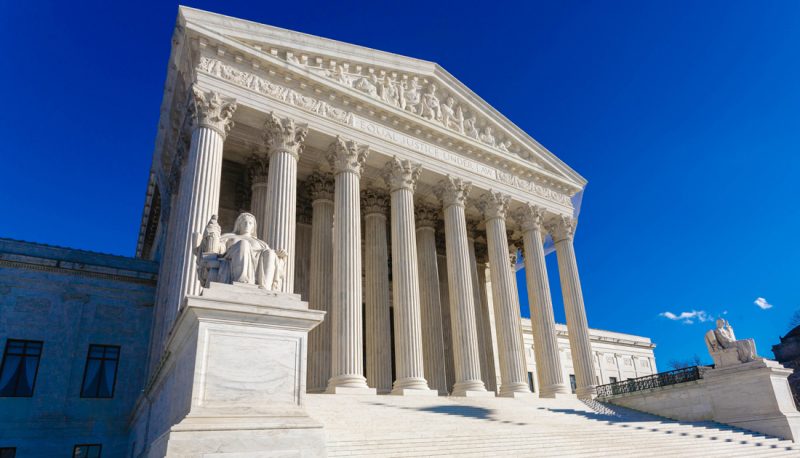“Confirmed Judges, Confirmed Fears” is a blog series documenting the harmful impact of President Trump’s judges on Americans’ rights and liberties. Cases in the series can be found by issue and by judge at this link.
In June 2020, Justice Brett Kavanaugh authored a 5-4 Supreme Court opinion joined by Trump Justice Neil Gorsuch that limited the rights of pension participants to sue plan fiduciaries for misconduct and mismanagement of plan funds. The case is Thole v. U.S. Bank.
James Thole and Sherry Smith are retired participants in a defined-benefit retirement plan. Based on their plan, they receive a guaranteed fixed payment each month and the payments do not fluctuate with the value of the plan or because of the plan fiduciaries’ good or bad investment decisions. They are legally entitled to receive fixed payments for the rest of their lives.
They filed a class-action suit in district court against U. S. Bank and other banks under the Employee Retirement Income Security Act of 1974 (ERISA), alleging that the banks violated ERISA’s duties of loyalty and prudence by poorly investing the plan’s assets. They alleged that the fiduciaries’ mismanagement cost the plan about $750 million. They sought injunctive relief, replacement of the fiduciaries and repayment to the plan.
The District Court dismissed their case and when they appealed to the Eighth Circuit, that court dismissed their case as well on the ground that the plaintiffs lacked statutory standing.
Thole and Smith appealed to the U.S. Supreme Court.
In a 5-4 decision with Justice Kavanaugh authoring the opinion, the Court affirmed the decision of the Eighth Circuit explaining that because Thole and Smith participate in a defined benefit retirement plan, they have not shown that they have a “concrete” injury to support their standing to sue. Had they been participants in a defined-contribution plan, like a 401(k) plan, where the fiduciaries’ specific investment decisions can impact their payment benefits then they would have a stake in the lawsuit and be able to sue.
Justice Sonia Sotamayor strongly dissented on behalf of all four moderate justices, explaining that “injury to a plaintiff ’s wallet is not, and has never been, a prerequisite for standing.” ERISA expressly requires the creation of a trust in which Thole and Smith are the beneficiaries. It doesn’t matter if they receive the remedy themselves. Congress built on ERISA by making plan fiduciaries expressly liable to restore to the plan wrongful profits and any losses their mismanagement caused, “and by providing for injunctive relief to stop the misconduct and remove the wrongdoers.” Sotomayor pointed out that the majority had offered no counter to the historical and statutory evidence establishing Thole and Smith’s actual interest in prudent and loyal fiduciaries. Thole and Smith “have standing because a breach of fiduciary duty is a cognizable injury, regardless whether that breach caused financial harm or risk of nonpayment.”

